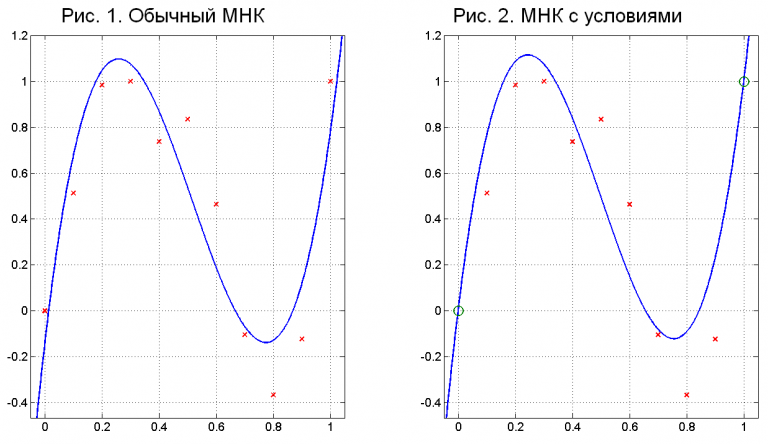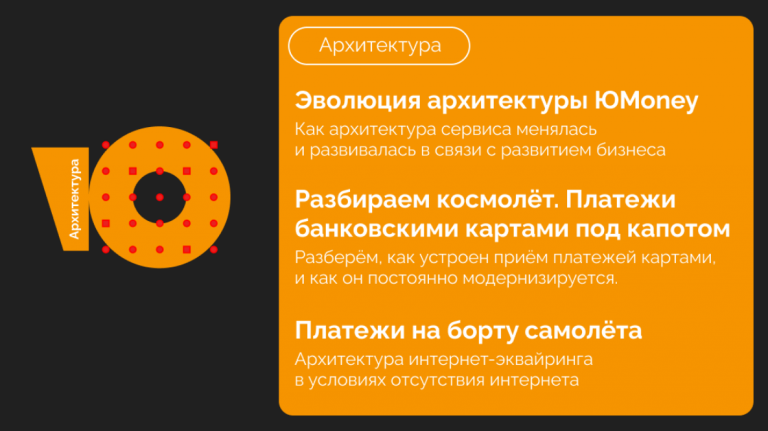China limits the export of gallium and germanium, which are essential for the electronics industry. And not only
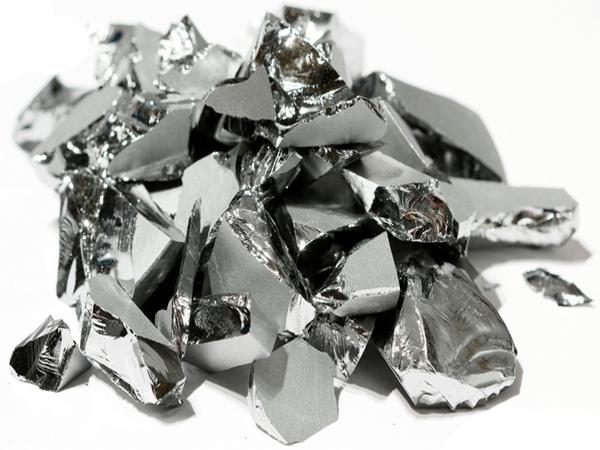
Two years ago, we published an article that the Chinese Ministry of Industry and Informatization was discussing the possibility of reducing the supply of rare earth elements to the United States. Then it was only a theoretical possibility of reducing the supply of important resources for industry. Experts from China have begun to study how severely the restrictions will affect international companies, including not only America but also Europe.
Such a move was planned as a response to the US sanctions, which continue to expand. Now, apparently, the Chinese have analyzed everything and decided to act. From August 1, the Celestial Empire will limit the export of gallium and germanium. Both elements are used in electronics manufacturing. Most likely, this is only the first step, after which China will begin to take similar steps in relation to other resources. Details are under the cut.
What’s up with gallium and germanium?
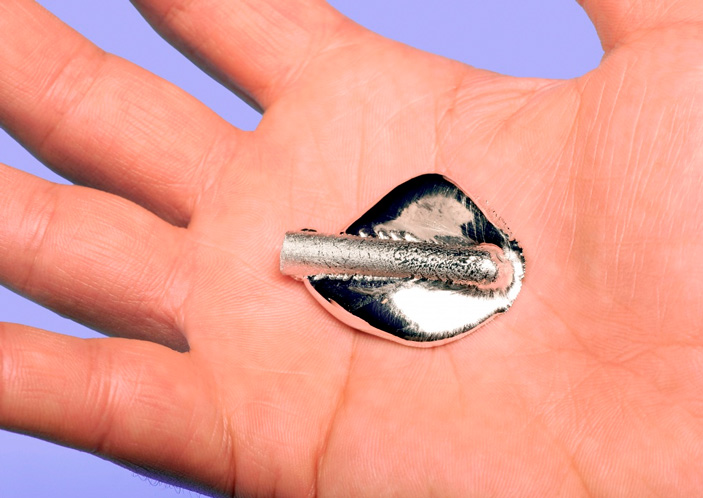
China’s statement talks aboutthat export controls will be introduced for metals, and the decision was made in order to ensure national security and the interests of the country. It is possible to export rare earth metals, but in order to continue deliveries, exporters will have to apply for a license from the country’s Ministry of Commerce.
When applying, companies will have to provide details about foreign buyers and their applications. If necessary, the department will transfer data to the State Council. The restriction could have a negative impact on the electronics industry as China leading miner the specified elements.
In general, there is no disaster, at least for now, since the production of modern chips will not be affected, including processors and GPUs. But this Chinese move will affect the production of LEDs, power controllers and other elements. According to Anthony Lipman, head of Lipmann Walton & Co, in these industries, the restrictions imposed by the Middle Kingdom will be critical.

In general, gallium and germanium cannot be called very rare elements on Earth. The problem is that the extraction and production of gallium and germanium in its pure form is concentrated in China. Other countries also have deposits, as well as explored reserves. But it will take time to increase production in other regions, and the cost of germanium and gallium will increase. This means that the cost of production of semiconductor components dependent on these elements will increase.
On the other hand, with an increase in the price of elements, the profitability of their production will also increase, so there is a double-edged sword here. Perhaps other countries will be able to establish production relatively quickly. But supply chains will be affected, all this will have to be changed, and in the current conditions this will be one of the negative factors for the global economy.
Not gallium and germanium alone
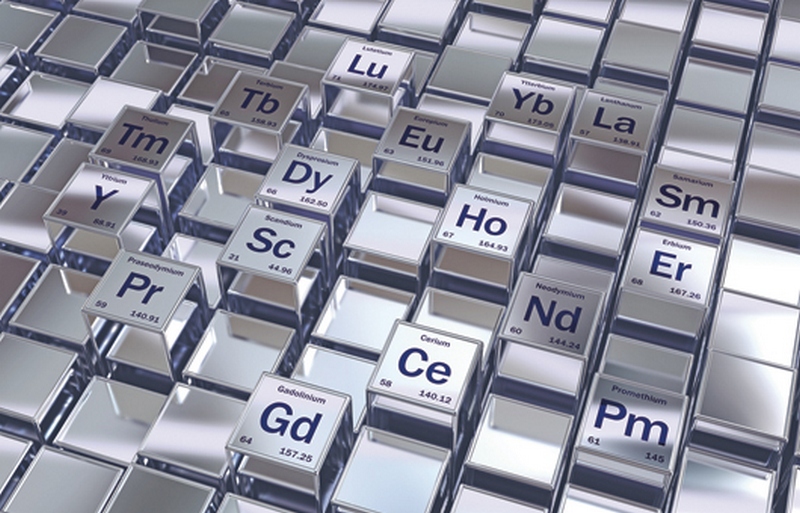
In addition to these metals, China also dominates the mining and processing of lithium. The importance of the Celestial Empire as an industrial hub for the processing of lithium raw materials and the production of batteries is gradually growing. According to experts, now the size of the market, which belongs to China, can reach 80% of the global volume. For example, about six of the ten largest battery manufacturers in the world are located in China. One of these companies, CATL, makes three of the 10 batteries shipped globally.
In China, there are now several gigafactories for the processing of raw materials and the production of batteries. It takes several years and hundreds of millions of US dollars to create objects of the same size. Thus, if the US or the EU sets out to create similar production facilities in their countries, they will have to wait for many years – and after all, China does not stand still, it develops domestic production.
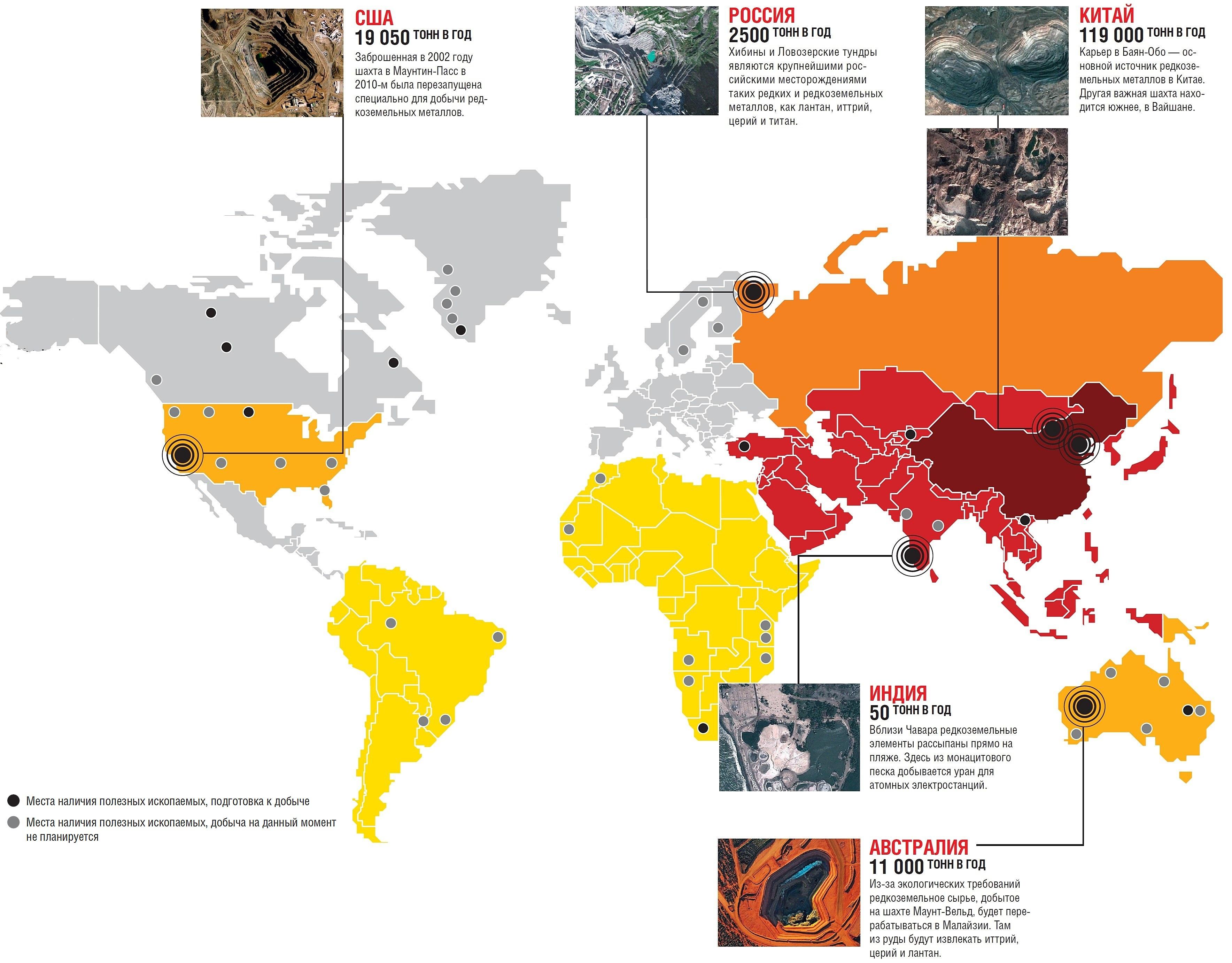
In addition, the Chinese business is a co-owner of the main companies that extract raw materials – in Australia, Congo, Bolivia, Argentina, Chile and other countries. Therefore, simply taking and moving China will not work with all the will, the main lines for the extraction of raw materials and its processing are in the hands of companies from this country.
And if China decides to send the mined lithium to cover its own needs, and the country’s domestic market is huge, then lithium-related industries may have problems.
Why does China need all this?
Since the United States decided to close China’s access to US high technology, China, quite logically, is looking for similar levers of influence. China cannot buy semiconductor chips made using American technology. But the problem is that China itself supplies the vast majority of the resources for the production of these chips. Rare earth elements are also needed for the production of electrical systems, as well as wind turbines for the production of electricity.
This is a very strange situation, but this is the reality of today. And if China makes retaliatory steps in terms of supplies, then the US may have to make concessions. By the way, the official reason why China is going to impose sanctions is “strengthening national security.”
Everything is bad?
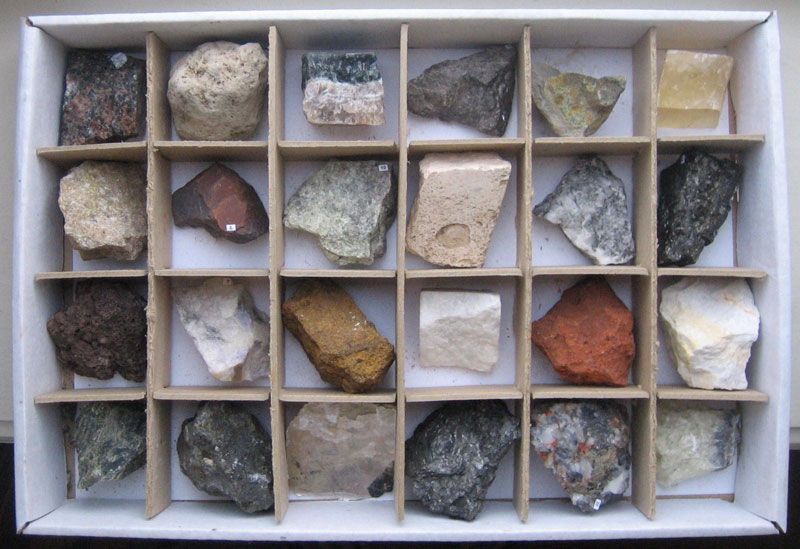
There are, as always, two sides of the coin. First, China can indeed impose a ban on the export of not only gallium and germanium, but also other elements and resources. Naturally, all this will immediately increase the price.
On the other hand, raising the price may make it profitable to extract scarce resources elsewhere. For a relatively short time, prices peak, companies from other countries begin to extract a valuable resource and make a profit. And then – China loses a significant market share.
Previously, something similar has already happened with other elements and compounds, including antimony, tungsten and the same rare earth elements.
You may also be interested in these texts:
→ Is PostgreSQL suitable for all projects or do we need alternatives
→ “20% of the equipment will not arrive on time, and 10% will never arrive.” Parallel import as seen by the infrastructure provider
→ Snort and Suricata – an easy way to use IDPS: from installation on the server to proper configuration



